When I was in school, I read a lot of bullshit. Basically, everything that was required reading for my English classes was completely ridiculous. Although I was fairly bookish in primary school, most of what I read in my personal time was also bullshit, because my English teachers gave me no guidance! Like most teenagers of my generation, I read what was popular, I.E., a lot of YA Romance or dystopian fantasy. These kinds of books are great when you’re a teenager, and I’m very glad that I was reading at all, but there came a point in my early adolescence where I felt like I hadn’t read anything real.
When you’re a kid it’s completely acceptable to say that your favorite book is Harry Potter and the Order of the Phoenix, but once you’re in your early twenties, that shit just isn’t gonna fly anymore. I was also aware that the biggest red flag when asking someone about their favorite book is when they answer something stupid like the Catcher in the Rye. No fucking adult likes the Catcher in the Rye, it’s just the last thing that person remembers reading/liking because their sixteen-year-old brain was underdeveloped and their teacher assigned it.
This is where my quest for knowledge began, at the absolute need to not look like a complete moron. I google searched “classic English literature” and “100 books everyone needs to read” to begin compiling a list of absolute musts. At first, the list was comprised of a lot of Dickens or Dostoevsky. Quickly after I started reading, I was developing problems, the main being that everything I was reading felt so boring. I needed to fall back on something familiar and exciting, something I thought I knew well enough to be able to follow the story seamlessly.
The reasonable solution I found was Mary Shelley’s Frankenstein . Everybody knows the story, right? I hadn’t even seen any of the film adaptations, but I believed I’d be able to follow solely based on what I had heard from word of mouth.
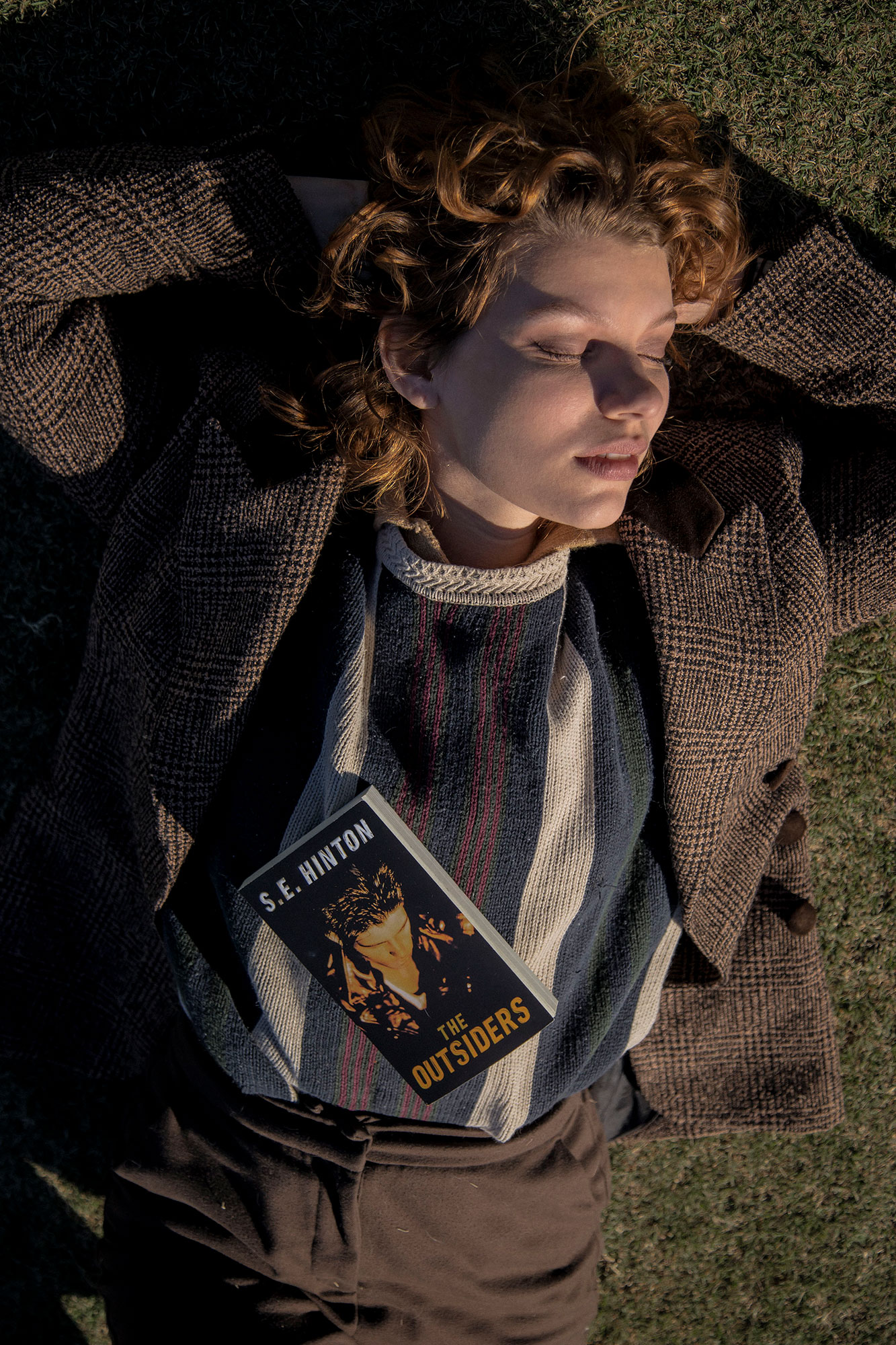
All of these women were people I had heard of, but their works were never thrust into my hands the way mens was.
Unbeknownst to me at the time, the film adaptations and word of mouth versions of Frankenstein are absolutely nothing like the novel. I read the novel in three different sittings, and it was the first “classic” novel that really resonated with me. I could feel how this tale had interwoven itself into the lives of almost all of the artists I admired and inspired their stories. Guillermo del Toro, Tim Burton, fucking Picasso!
I was dumbfounded, I hadn’t realized that I was obsessed with Frankenstein before I ever read it. I felt like I discovered gothic horrors secret – the Mary Shelley archetype. Everything I watched; I saw her influence. The Rocky Horror Picture Show, The Nightmare Before Christmas, Edward Scissorhands, The Addams Family, the list goes on and on of successful media, all using Frankenstein as the framework, and all of these adaptations written by men.
If you’re unaware, which I was at the time of my consumption, the original Frankenstein was written by Mary Shelley, a teenager with no formal education. Let’s let that settle in folks: one of the most popular, influential pieces of English literature was written by a nineteen-year-old girl.
Inspiring doesn’t even cut it. Mary Shelley has excavated a path for young girls who want to write. And while her novel is extremely popular in interpretation, it’s a very challenging read given the subject matter and the language. At first, I thought this is what should be taught in schools! What could be more inspiring?
So, I set out, I recommended Frankenstein to literally everyone I knew who liked to read. After months of pushing the book, being relentless and annoying, spewing fun facts about Mary and the influence of the book, I had convinced 3 people to give it a try. Unfortunately, the general consensus was that it was too difficult. No one I knew could get past the first third of the book. The language was too thick, the beginning too boring, or some other bullshit excuse when the reality is that Generation Z has a terrible attention span.
Meanwhile, I was on my own path. I realized that it wasn’t classic literature that was boring, it was stories written by men that were boring. I just couldn’t find myself anywhere. I started consuming books only written by women, I blew through the Brontë’s, Jane Austen and Virginia Woolf, completely transforming how I felt about classics. All of these women were people I had heard of, but their works were never thrust into my hands the way books written by men were. After reading Jane Eyre for the first time, I went to my mother to ask her if she had read it. My mother has always been an outspoken feminist and is nearly as bookish as I am, when asked if she had ever read what I felt like to be the greatest novel ever written she answered with something so repugnant it will never leave my subconscious: “I have always wanted to, but I was told that men don’t like women who read Jane Eyre.”
It was like I got the wind punched out of me. How fortunate I am to be the kind of girl who doesn’t care at all what men think about me, but that feeling, and that confidence is a derivative of reading a lot and idolizing women who are entirely their own. From that moment on, I vowed to be so annoying to every girl I know. I told myself that I will pester everyone, and never stop recommending books, and pressure all of the girls I know to read and read widely because we have the opportunity to.
But how do I do that, if I don’t have anything to recommend that will inspire them the way Frankenstein inspired me? They need something to get them started.
I started asking around to the older women I knew. I asked them, what books would you give to a young person trying to get into reading?
Surprisingly, a lot of the answers that people gave me we’re extremely similar. Lots of people said the Harry Potter series, which I knew seems like a mountain for some people just starting out. Others suggested The Secret Garden, which is a great book but at the end of the day is for children and won’t propel people forward. Little Women was, of course, recommended, and while Little Women is one of my absolute favorites there is a myriad of reasons as to why it won’t work. 1.) It’s wildly long, the first time I read it, it took me an entire month to get through it. 2.) The story doesn’t feel current, it feels more like a history lesson. 3.) The importance of the story isn’t comprehensible to males.
One day at work, I was discussing this dilemma with one of my regular guests. Her name is Len, and she loves to read. I was expressing my concern with not being able to get my friends into reading and plead to her for advice. She suggested Harry Potter, I said why it wouldn’t work. She said she loved Little Women as a little girl, I said oh yes, so did I, but my generation has no attention span, and they have trouble relating to it. Without missing a beat, she suggested Oh! You’ll want to recommend The Outsiders then. Like it was the most obvious thing in the world.
Now at the time, I had heard of The Outsiders, and by heard of I mean I had seen the cover in the YA section at Barnes and Noble and heard the expression “stay gold, Ponyboy” without even realizing that these are related. But I trusted Len, and she made me feel like a fucking idiot for having no idea what she was talking about.
The Outsiders is a fucking trip. I don’t know what I expected when I first picked up the book, but I was surprised with every chapter progression. A quick synopsis: The Outsiders takes place in the 1960’s in Tulsa, Oklahoma and is told from the perspective of Ponyboy Curtis, following the conflict of two local gangs: the “greasers” and the “socs” are divided by socioeconomic status and continuously battle throughout the novel for territory, status and revenge. The read is extremely easy and rewarding: the plot is completely unpredictable, exciting at every turn and emotionally fulfilling in conclusion. Each character is written with a compassionate arc and continuous, meaningful interaction. The story feels so realistic and genuine, which makes it all the more exciting and heartbreaking. The kicker? It was written by a teenage girl.
Susan Eloise Hinton was just fifteen when she began writing The Outsiders after she was inspired by two rival gangs at her school. Her first, and most popular, novel was published before she had graduated high school, when she was 18, in 1967. Her publisher suggested that she publish her book under an alias, in fear that male readers wouldn’t be incentivized to read it if they thought it was written by a girl. The Outsiders has sold more than 14 million copies and is credited as the birth of the Young Adult genre.
It’s perfect. Five stars.


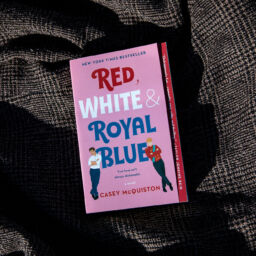
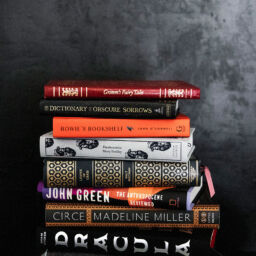
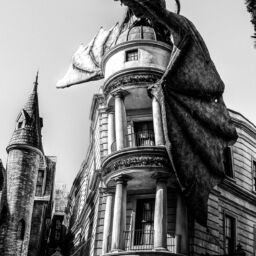
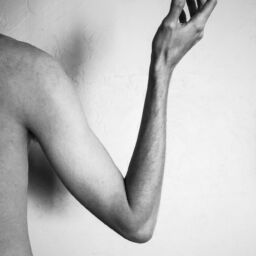
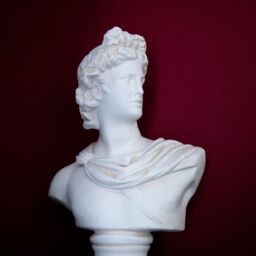
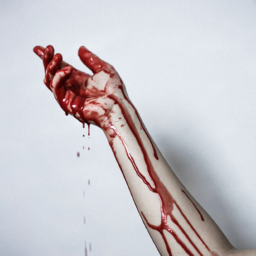
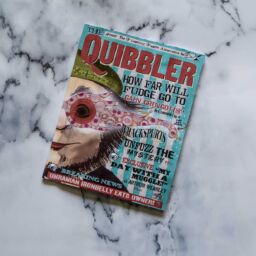
The only books I ever enjoyed from required public education reading lists were TKAM and The Hiding Place (if Holocaust survivor stories and Christianity interest you, try it out; the author is also a woman). I don’t recall the religious portions of the book but, upon review, I see it is frequently mentioned and would be the reason why I wouldn’t revisit. I enjoyed the book at the time solely because I was fascinated by stories from the Holocaust and the adrenaline and fear I felt while following along with these harrowing re-tellings.
But mostly, to hell with boomer-chosen reading lists dominated by men! Here’s to the new additions of Frankenstein and The Outsiders on my reading list. Thanks again for your review!